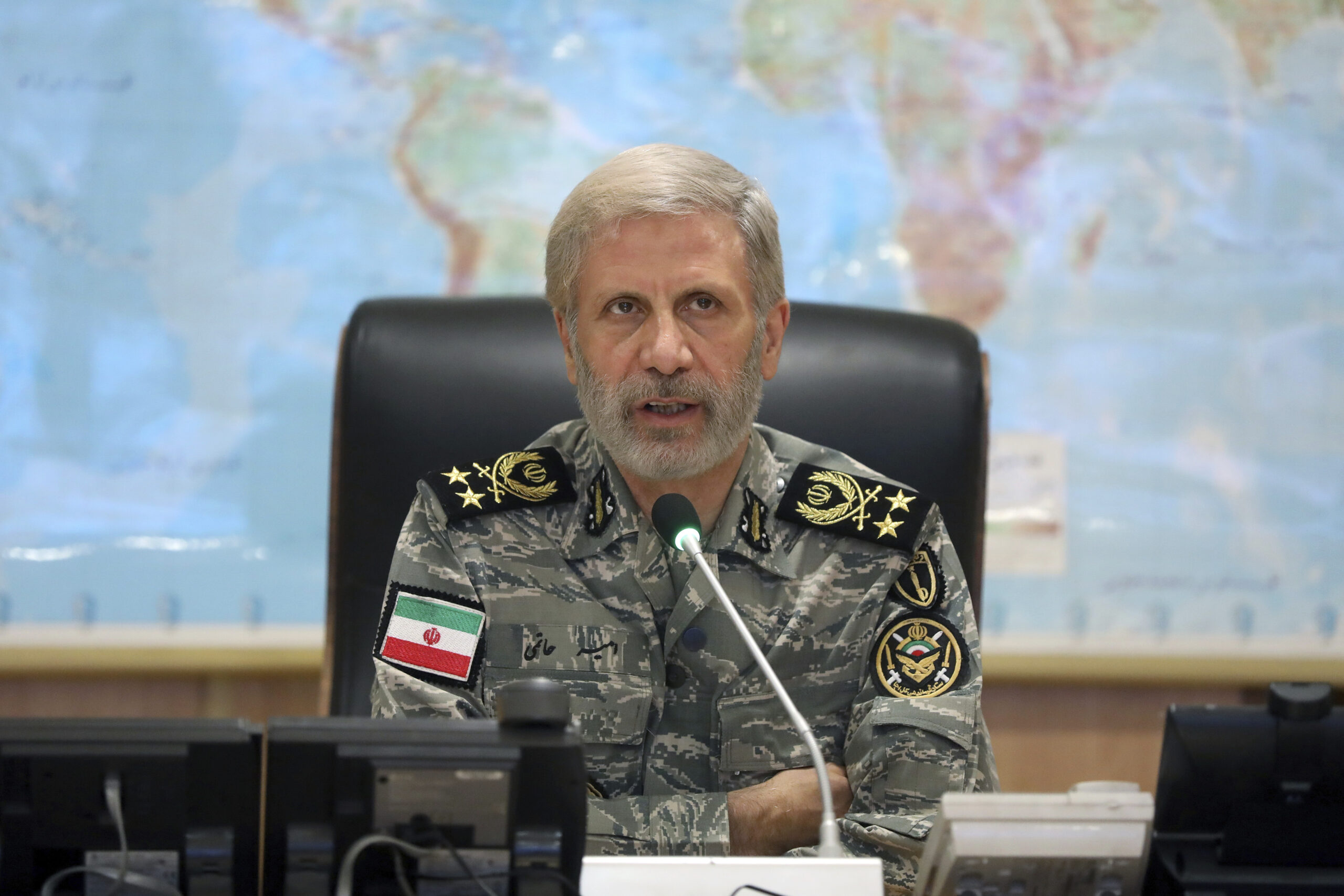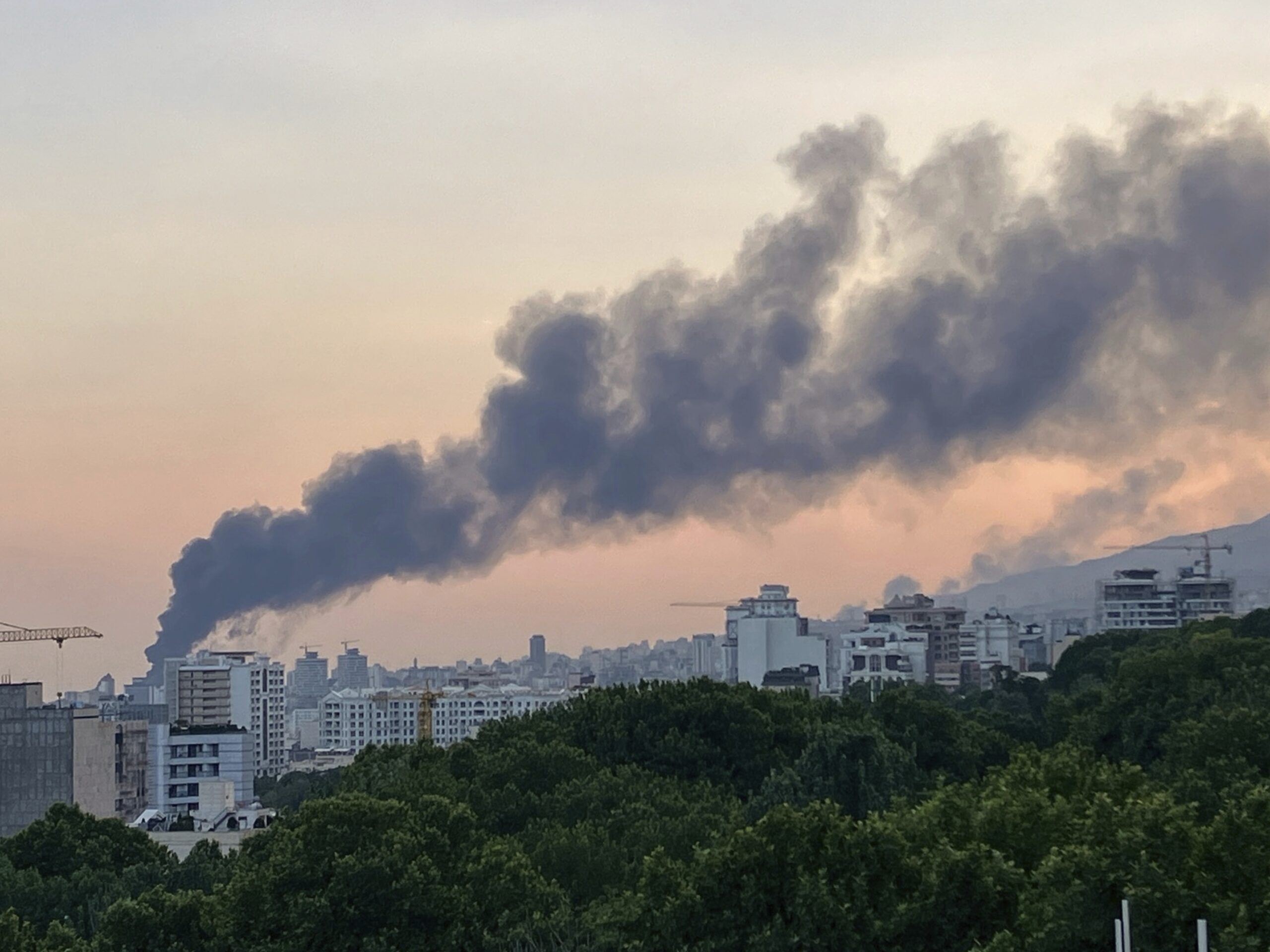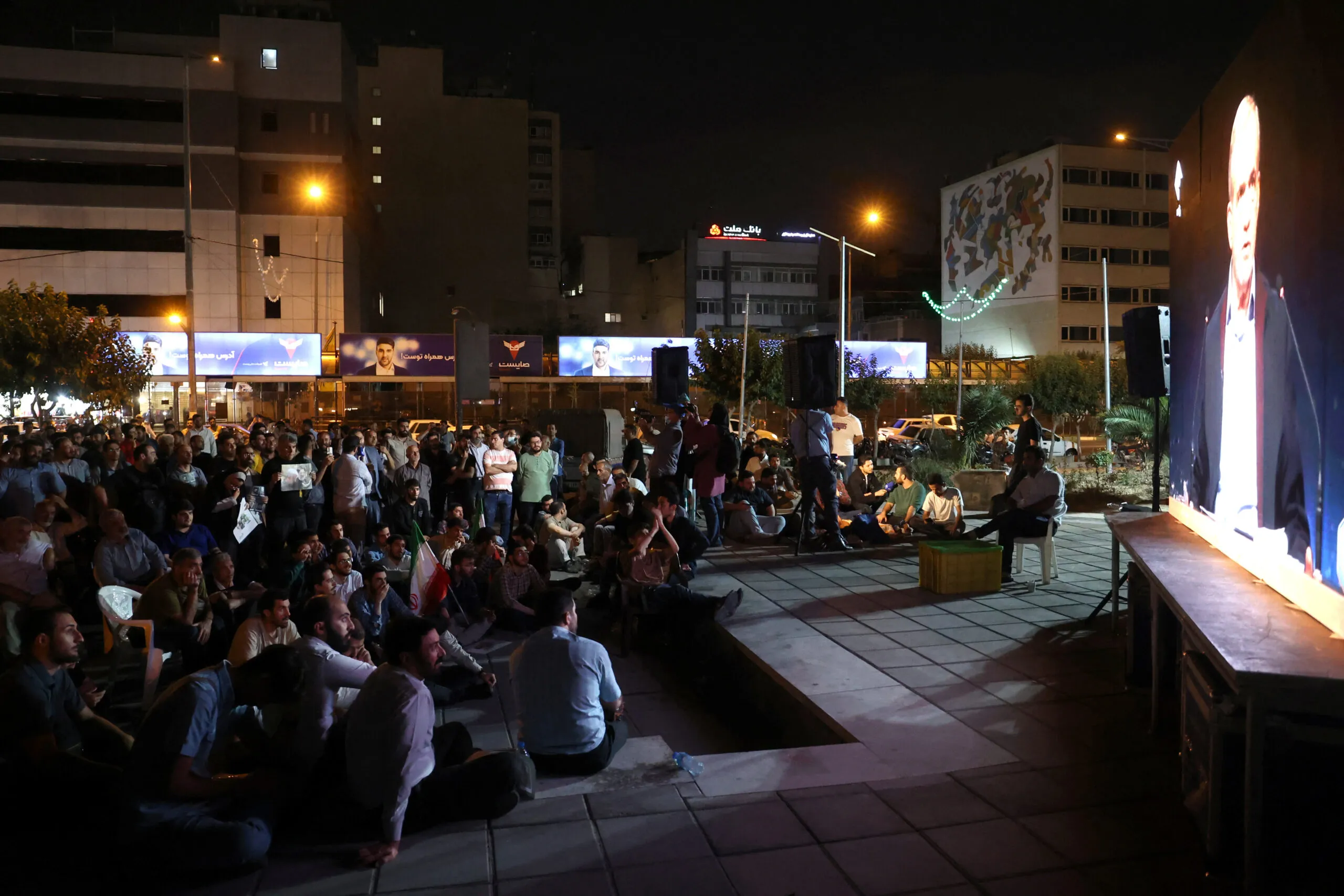Mar 28, 2023
Fearing Disproportionate Israeli Response, Iran Targets U.S. Bases in Syria
The March 28 edition of the Iran Media Review highlights an Iranian official’s threats against U.S. forces in Syria.
Conspicuously restrained in its response to Israel’s recent bombardment of Iranian and allied military positions and facilities in Syria, Iran attacked a U.S. military base March 23. The drone attack, which claimed the life of a U.S. contractor and wounded five U.S. service members and one U.S. contractor, led U.S. Central Command to conduct precision airstrikes against facilities used by militias affiliated with the Islamic Revolutionary Guard Corps. Iran responded by targeting a U.S. base in Deir el-Zour March 24. Commenting on the incidents during a March 24 press conference, President Joseph R. Biden Jr. said: “Make no mistake: The United States does not … seek conflict with Iran, but be prepared for us to act forcefully to protect our people.” In return, a spokesperson for Iran’s Supreme National Security Council accused the United States of fabricating pretexts to attack Iranian military bases in Syria. The spokesperson warned that Iran would “retaliate without the slightest hesitation.” It appears the United States is entangled in the shadow conflict between Iran and Israel: Fearing disproportionate Israeli responses, and assuming Washington instead will respond rationally, Tehran is targeting U.S. bases in Syria. In doing so, however, Iran not only fails to deter Israel but may also provoke escalation with the United States.
- March 25: Commenting on the spiral of retaliatory attacks between the United States and Iranian proxies, Nour News quoted the Supreme National Security Council spokesperson, Keyvan Khosravi, as having said: “Illegal occupation of parts of Syrian territory entails consequences for the armed forces of this country,” referencing the United States, “which is now making false accusations against Iran … By fabricating crises and lying, Washington is trying to attribute natural opposition to its occupation” of Syria “to other countries … Iran has paid a great price to counter terrorism and establish lasting security in Syria, and it opposes any action that threatens the stability of this country … Should the United States use any pretext to attack Iranian bases in Syria, which were established in that country at the request of the Syrian government to counter terrorism and Islamic State elements, it will face retaliation without the slightest hesitation.”
The views represented herein are the author's or speaker's own and do not necessarily reflect the views of AGSI, its staff, or its board of directors.























